It’s one of the few occasions when the world pauses and nations speak to other nations in the spirit of games without frontiers.
Yes, there is always a competitive edge, but whatever the political machinations behind the scenes, the Olympic Games still have the capacity to enthral, inspire and bring people together with wondrous Wow moments in the pool, on the track and elsewhere.
I’ve never forgotten being in Sydney in 2000 and witnessing a series of truly mesmerising achievements, including success for the home-based swimmer Ian Thorpe and athlete Cathy Freeman, which brought the whole country to a standstill.
And, for those of us from Scotland, there were several reasons to fly the Saltire, including a sailing gold for Shirley Robertson and the start of what turned into one of the epic marathon journeys for Aberdeen rower Katherine Grainger.
But here’s a question as the torch is lit and the curtain raised on a fortnight of compelling action in Paris. Who deserves to be regarded as the north and north-east’s greatest-ever Olympian?
There are certainly no shortage of worthwhile candidates, starting with…
1. Angus Gillan (Rowing)
The Aberdonian was one of Scotland’s early stars after the rebirth of the Olympics, and won gold medals at the 1908 and 1912 Games in London and Stockholm.
An important political figure in the development of the Commonwealth and, as an administrator, one of the leading organisers of the 1948 Olympics in London, Gillan was an incredibly resilient character who always pushed himself to the nth degree and believed that genius is an infinite capacity for taking pains.
He was a leading figure in the Boat Race and at Henley Regatta on several occasions, but Gillan had other priorities in his life after securing his first gold medal in the coxless fours. And, while he didn’t turn up in advertisements for pizza or breakfast cereals, that didn’t lessen his desire or determination whenever he climbed into a boat.
Sport was in his blood throughout his existence. And it clearly had a positive benefit because he lived to the ripe old age of 95 before his death in 1981.
2. David Wilkie (Swimming)
It was one of those magical displays which nobody who saw it will ever forget.
And it came on the grand Olympic stage in 1976 when Aberdeen’s David Wilkie not only destroyed the rest of the field, including his great American rival John Hencken, in the 200m breastroke final in Montreal, but stormed home in a time of two minutes 15.11 seconds which broke the existing world record by more than three seconds.
He was a genuine superstar
Wilkie’s incredible swim, which made him the first British man to secure Olympic gold in the pool in 68 years, was subsequently described by his coach David Haller as “probably the greatest individual performance I have ever witnessed”.
Compatriot, Robbie Dawson, said, following Wilkie’s death this year: “He was streets ahead of everybody else when he got going, but was modest and down-to-earth with it.
“He was happy to train youngsters [including at Bon Accord Baths] and he was shy when people made a fuss about him. A super guy.”
3. Katherine Grainger (Rowing)
The unstintingly single-minded and tenacious Scottish competitor tried, tried, tried and tried again to strike gold in her sphere – and finally succeeded in front of her home audience during the London Games in 2012.
She gained silver in Sydney, in Athens and again in Beijing to the point where some people were beginning to wonder if she would ever achieve her holy grail.
But her perseverance paid off
Yet, to her immense credit, she kept on forming partnerships with new colleagues – and when she joined forces with Anna Watkins, it was the beginning of something special.
They surged to accolades at world level in the build-up to the Olympics, and then, when there was a huge burden on their shoulders, when London was ablaze with expectations and flag-waving aficionados, there was no fresh anxiety, no more tristesse for Grainger.
On the contrary, they blew away their opponents with a magnificent show of strength. And the look on Grainger’s face when she stood beside her golden postbox in Aberdeen a few weeks later was positively beatific.
4. Tim Baillie (Canoeing)
His success provided one of the many inspirational moments of the 2012 Olympics.
But canoeing maestro Tim Baillie still appreciates how important his early development in the north of Scotland was to his exploits in London when he famously struck gold with Etienne Stott in the C2 event.
The former Westhill Academy pupil received an MBE in the 2013 New Year Honours and has continued to display the same relish for life beyond sport.
It all started on the Don
As he told the P&J: “I remember growing up and becoming interested in canoeing and spending many, many hours of paddling time on the river Don.
“I couldn’t have advanced to where I did without my days at Aberdeen Kayak Club.”
Baillie’s cream is indelibly etched in our minds.
5. Heather Stanning (Rowing)
Nobody was surprised when double Olympic gold medal winner Heather Stanning was given the Freedom of Moray in 2016. Nor that she united the council chamber in a rare show of unity between the party factions.
After all, the Lossiemouth woman and her partner, Helen Glover, had successfully defended their London Olympic title by winning gold in the women’s pair in Rio.
She was destined to go far
It was reminder of her resilience and technical expertise and the duo’s success in Brazil meant they were unbeaten in 39 races in a sequence stretching back five years.
Richard Devey, her former PE teacher, said: “It is no surprise to me that she has done so well at the Olympics. She was always destined to go far in the sporting world.”
6. Neil Fachie (Cycling)
The Aberdonian track cyclist, who has the sight condition retinitis pigmentosa, has a cv which is bulging with honours and accolades and first competed at the Paralympics in 2008 in Beijing as a sprinter in athletics.
However, a switch to cycling led to him landing gold in London four years later in the tandem B1 kilometre time-trial and he has created all manner of records ever since.
He loves a good challenge
Following a silver in Rio in 2016, Fachie wasn’t deflated, but doubly determined and regained the Paralympic crown at the Covid-delayed Tokyo games in 2021.
And that all-encompassing desire to push himself to the limit still burns brightly for Fachie who celebrated his 40th birthday in March with his ambitions undimmed.
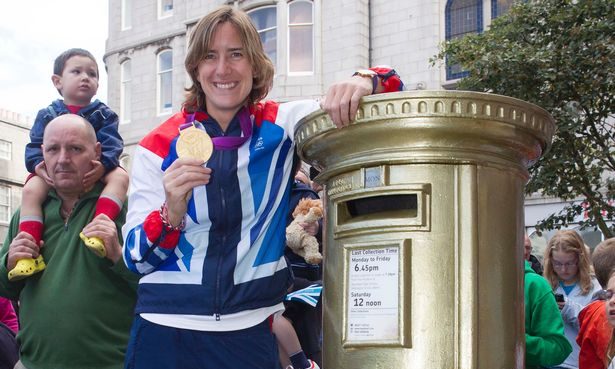
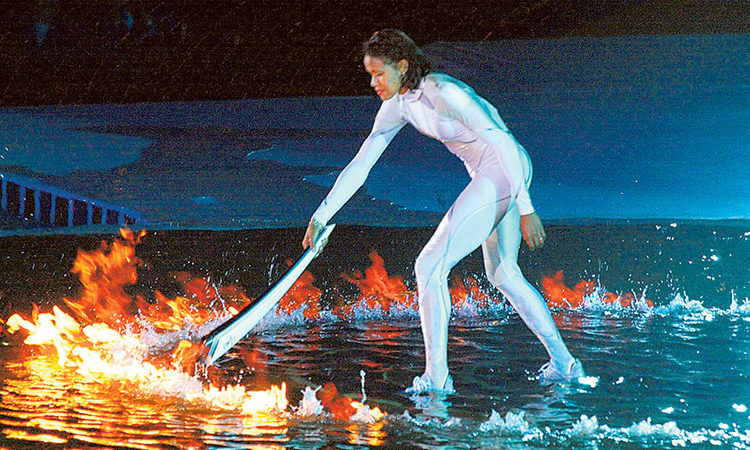
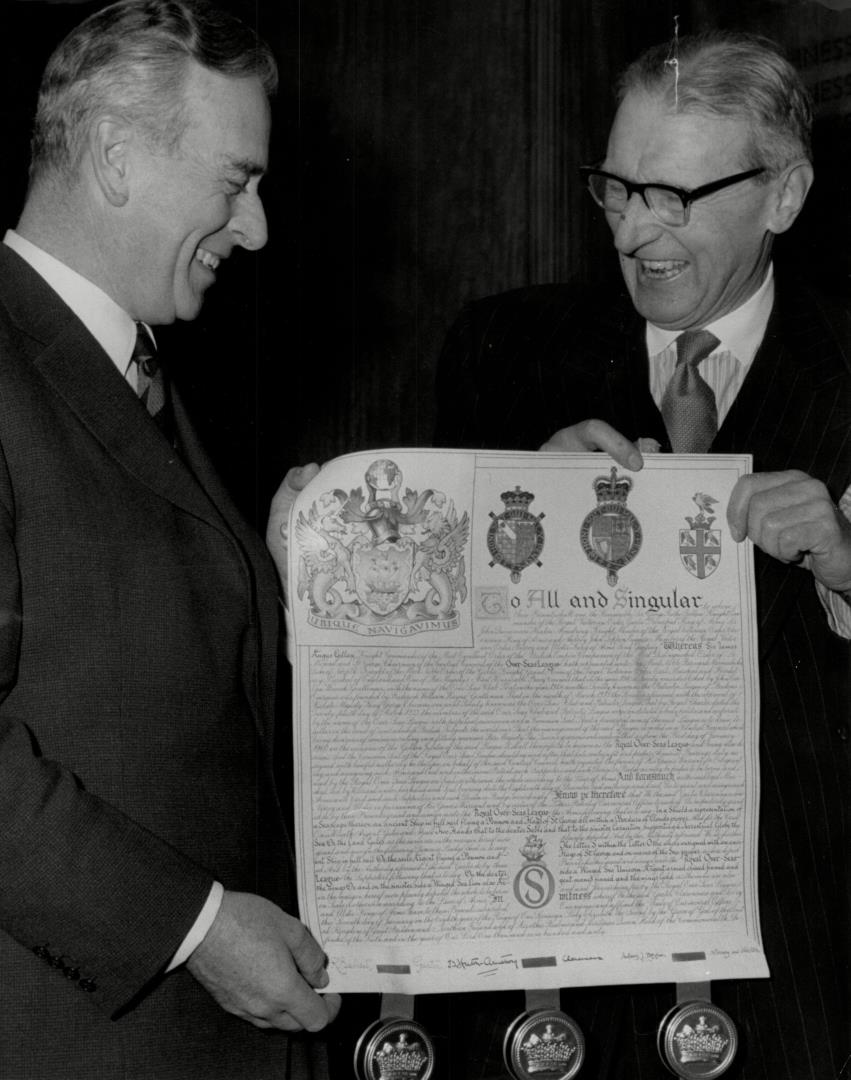
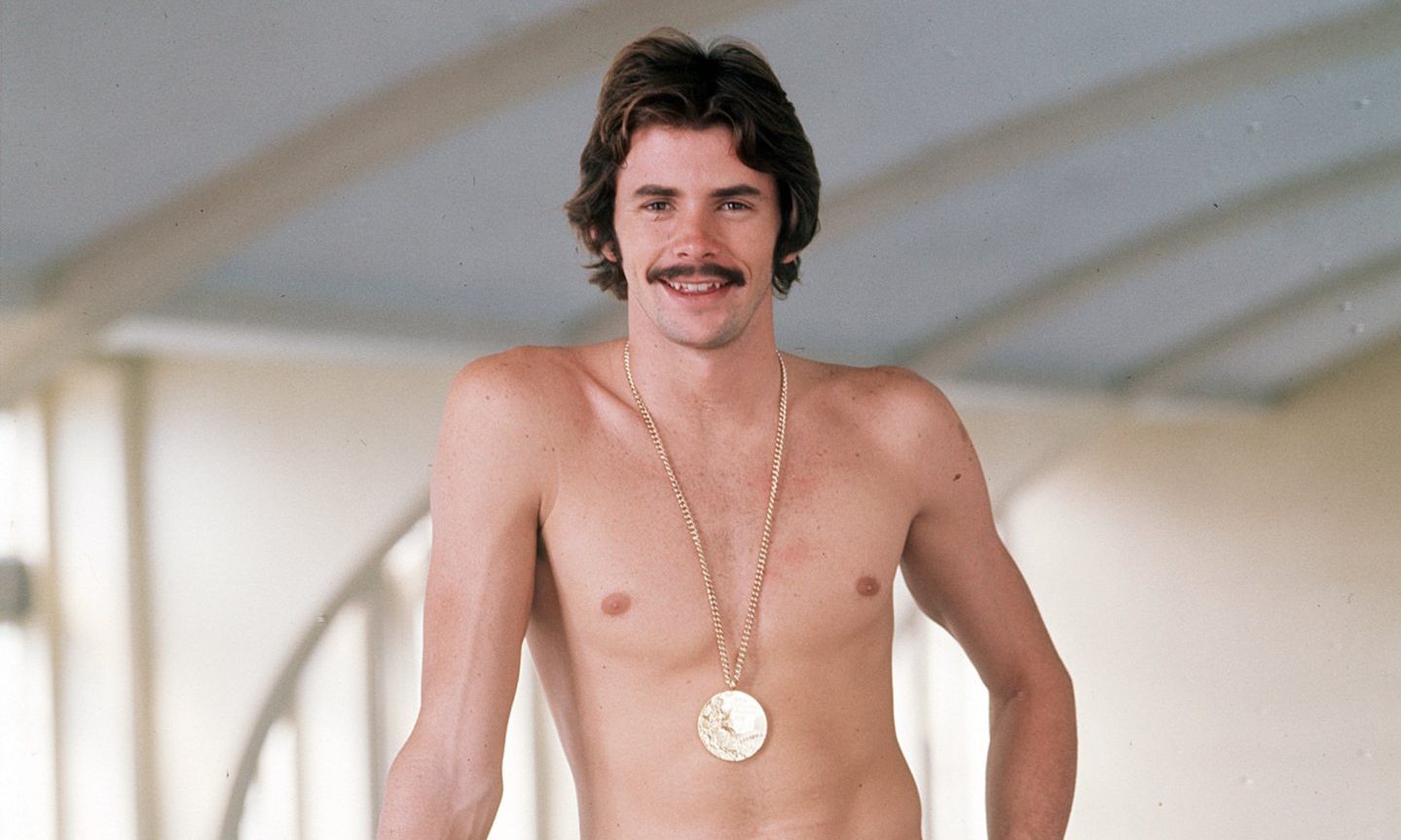
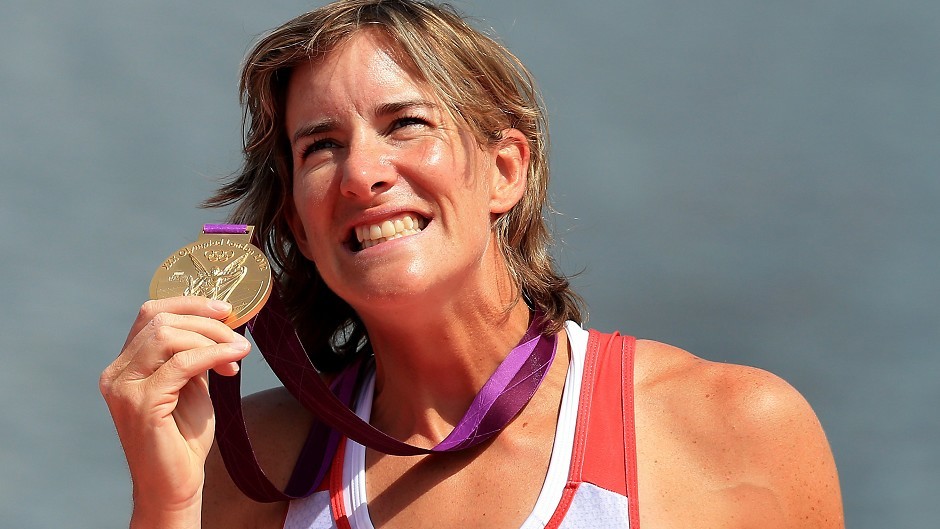
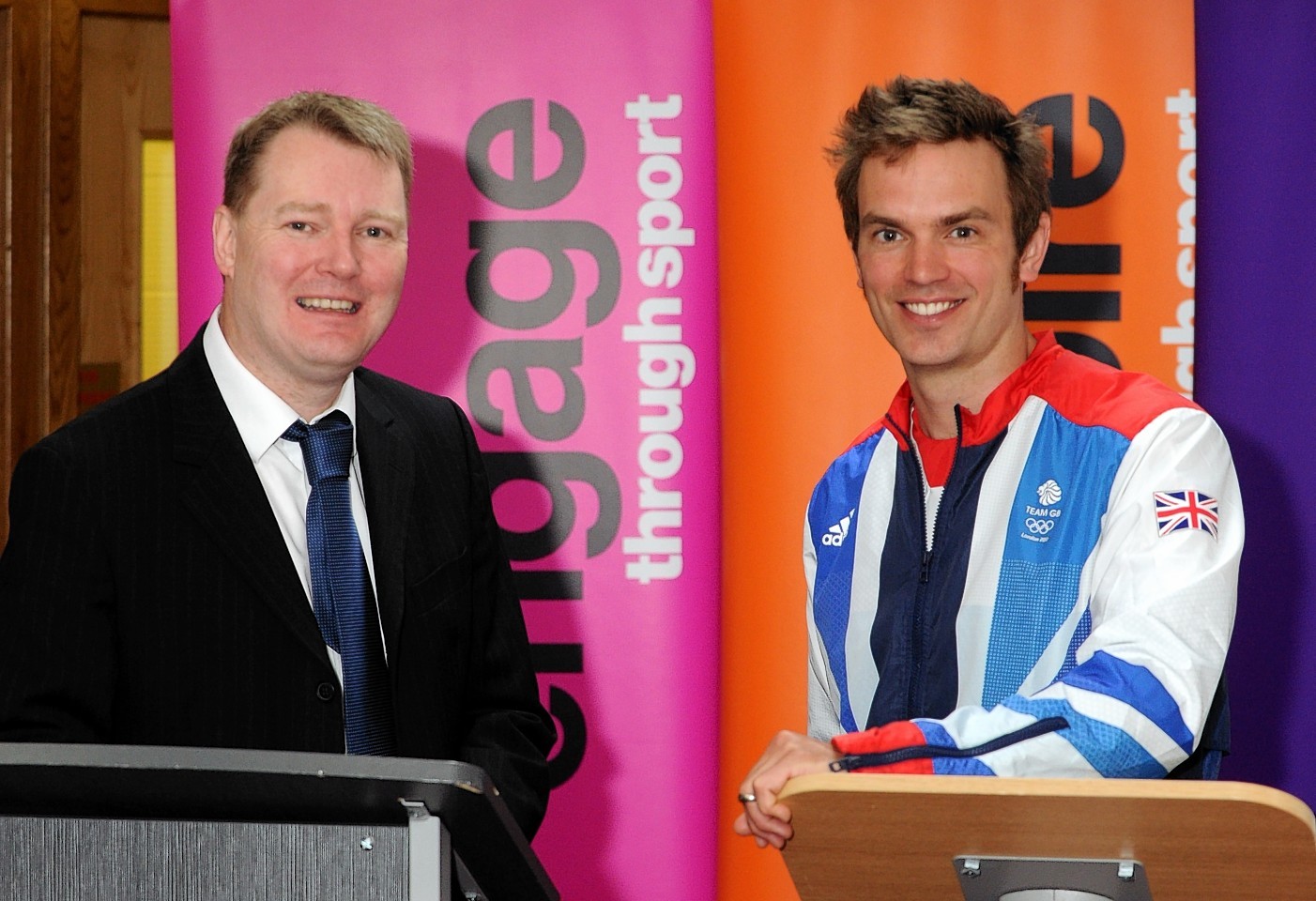
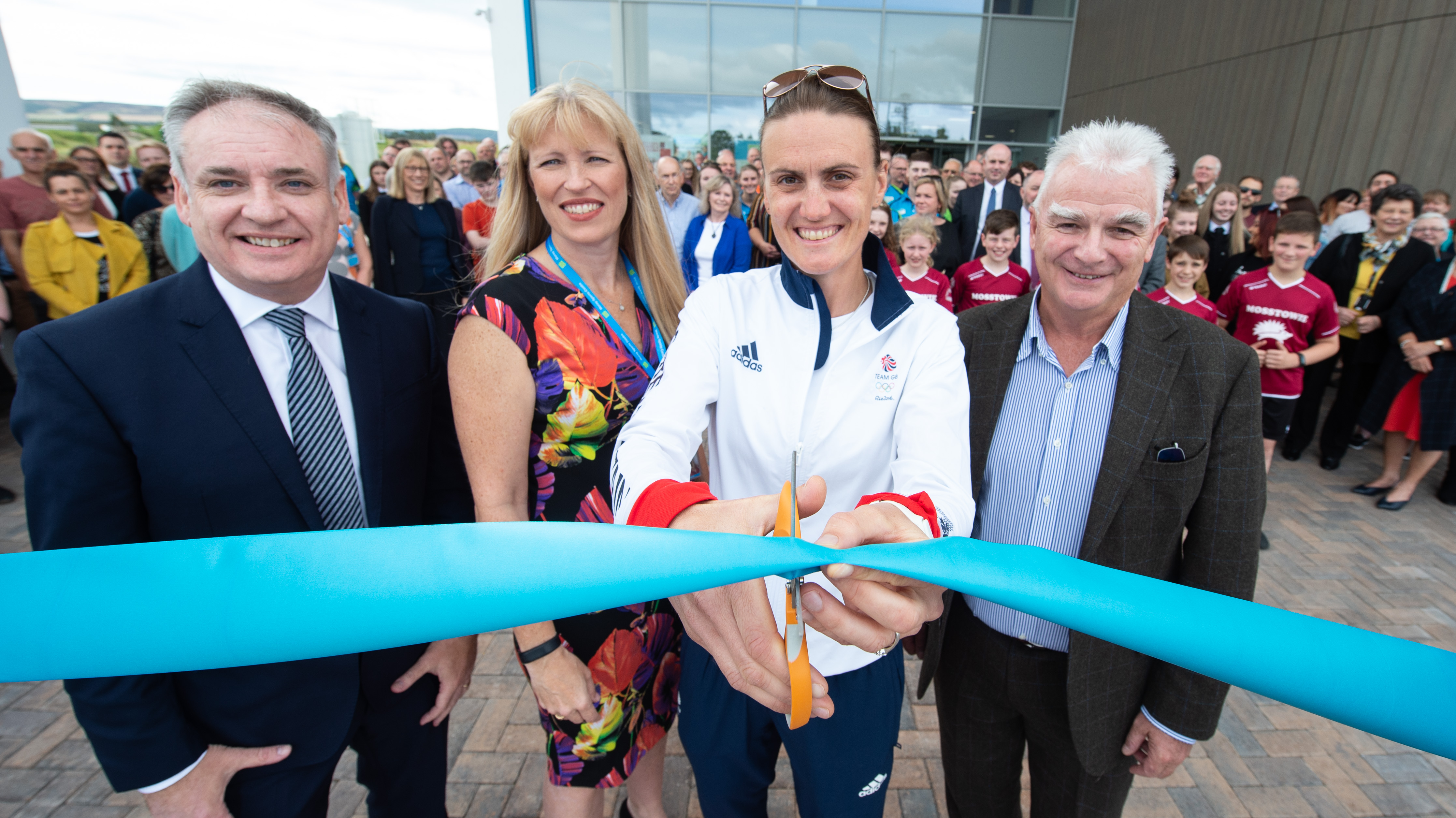
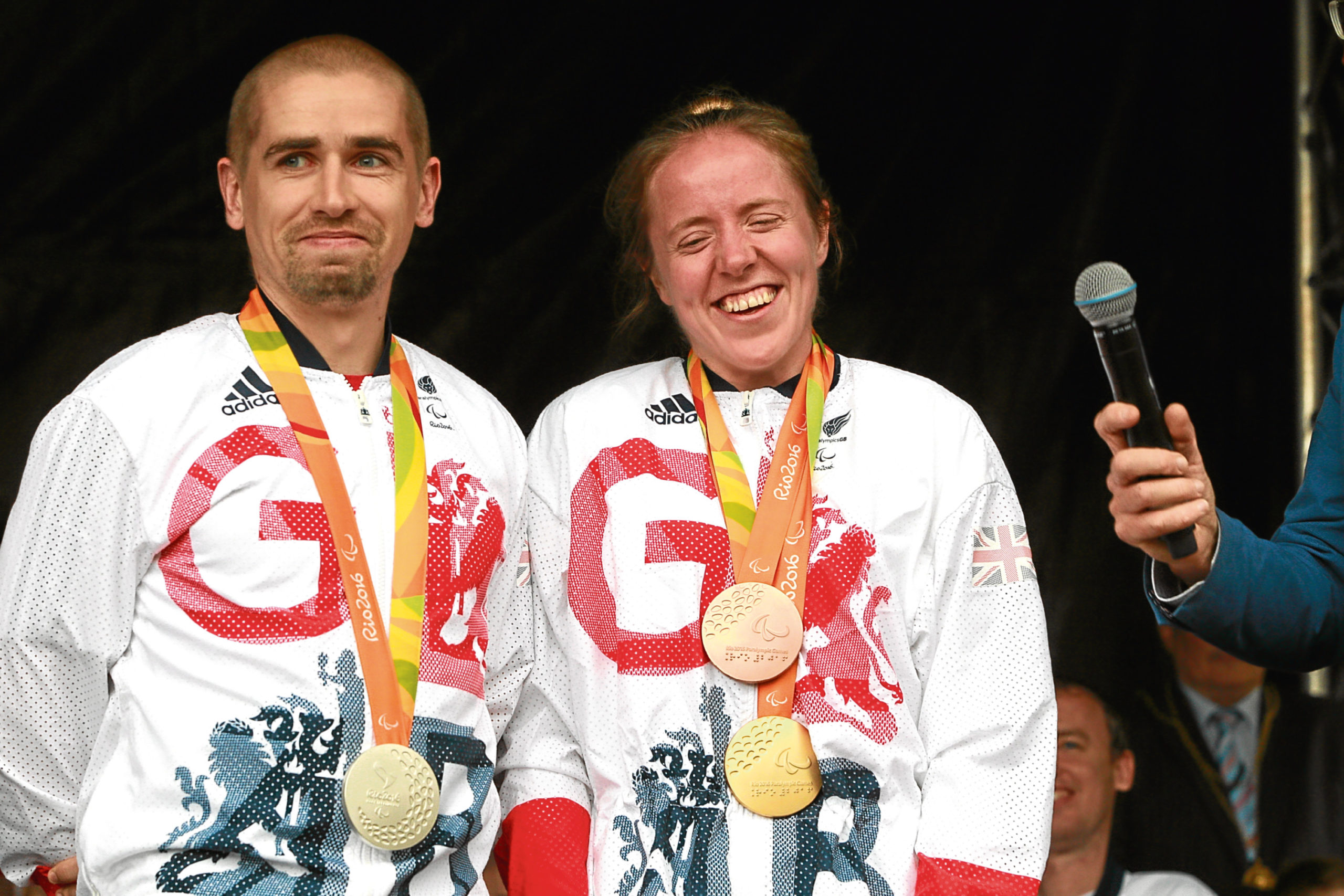
Conversation